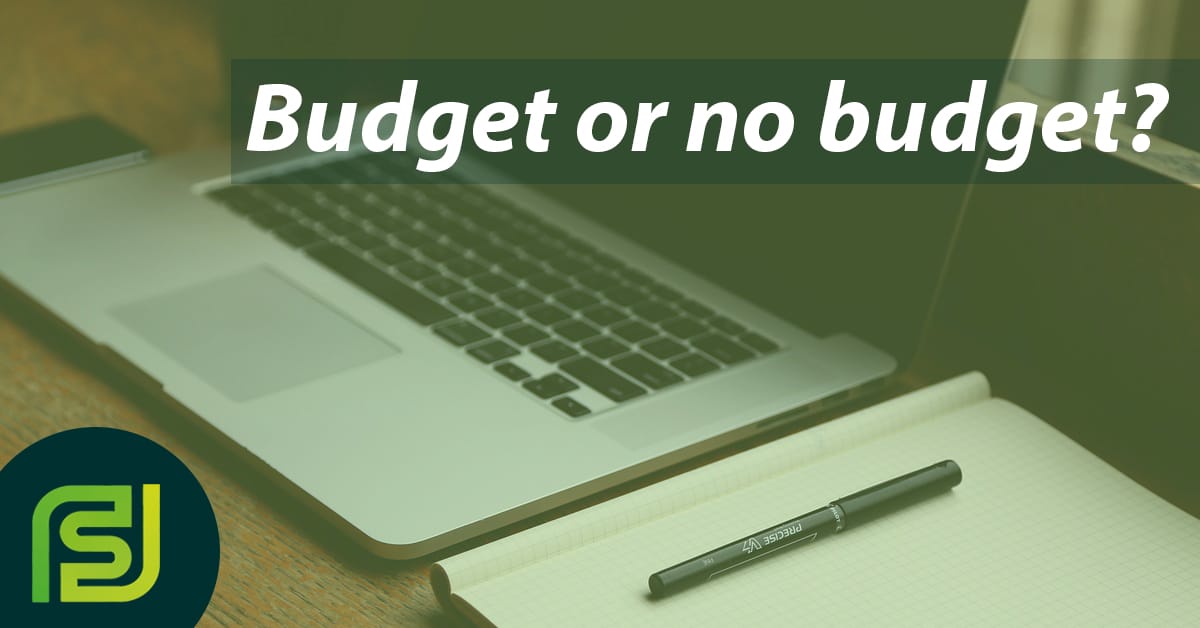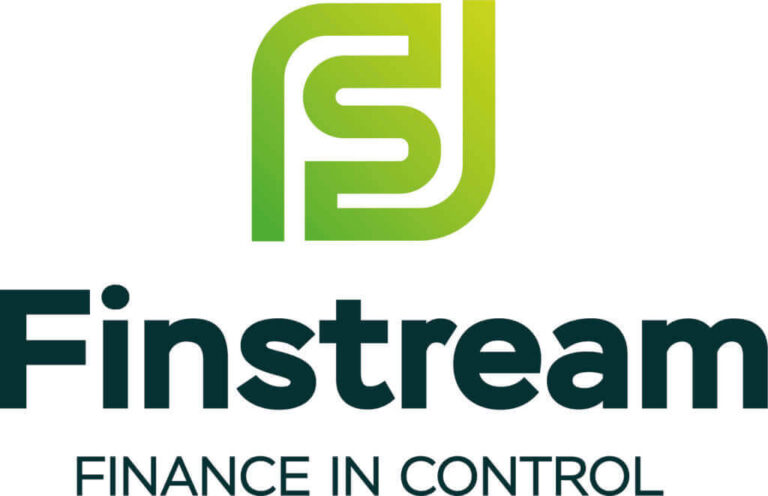The most important points of interest surrounding budgeting
Budgeting for the upcoming year. We often see the same important points of interest returning. We’d like to share our expertise:
1) The strategy is leading
It’s usually only after making the budget that you find out if strategic choices can be problematic in the execution. Under the pressure of short term results it is tempting to stray away from the strategy. Make a top 3 with short term goals and a few long term goals that always need to be upheld.
2) Don’t start budgeting too early
Changes start following each other more rapidly due to the increased dynamics. Don’t start until you have the final numbers ready. We suggest doing this early October/start of September. You then have visibility on how Q3 and Q4 will end. With this use some scenario analyses to look ahead to the upcoming years.
3) NEW: Flexbudget
The future doesn’t let it predict itself: an increase in price, higher salaries, energy prices and transport costs are often not known until later. On the other side there could be a top 5 client that orders more than expected. Try to make the budget flexible when those situations happen: make the turnover variable or make plans for the 2nd half of the year so it can be adjusted.
4) take care of a good execution and protection of your budget
Following standard procedures the budget will be calculated from a profit and loss account prognosis to balance, cashflow and possibly an update of the cost price. The next step is recording the essential and non-essential financial budget goals (KPI’s) in a scorecard. Next step is to decide who is responsible for which KPI and to make commitments surrounding reporting and follow up. Take care of a consistent elaboration of the budget: so no other (often higher) goals for a part of the organisation.
Author



